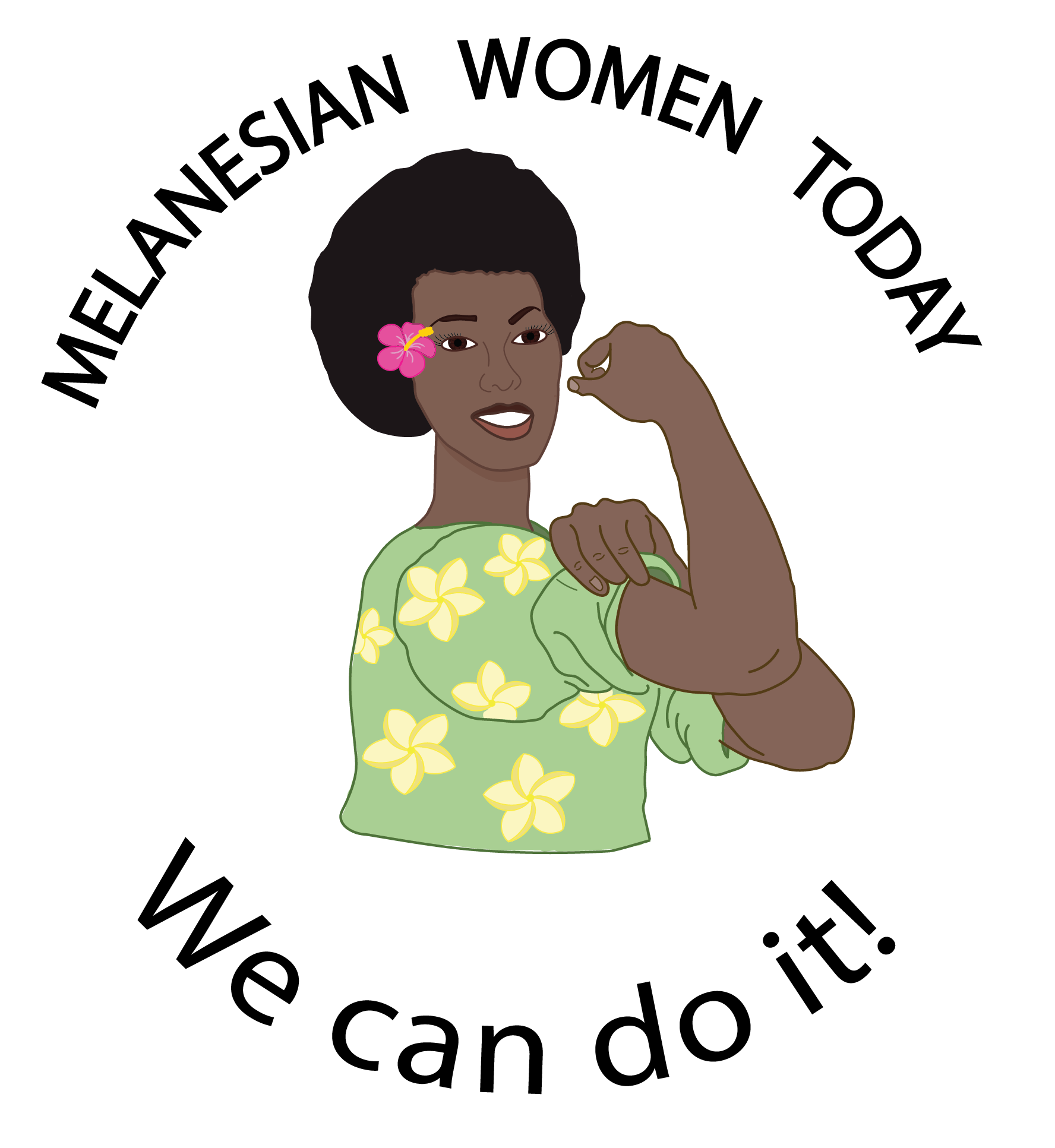The first ever Pacific Hackathon by the Pacific Chapter of the Internet Society (PICISOC)
The Pacific Chapter of the Internet Society (PICISOC) recently hosted the first ever Pacific Hackathon in Fiji, Samoa, Tonga, the Cook Islands, Vanuatu, and the Solomon Islands. The event was a tremendous occasion for Pacific Islanders who were involved or interested in technology and coding. Indigenous Pacific women played an important role in bringing the event to life.
Hackathons are usually hosted by tech companies and organizations that specialize in coding and software engineering for programmers and computer scientists to collaborate on projects for a short period of time. Internationally, hackathons have produced amazing apps. For example, the messaging app ‘GroupMe’ was designed and developed in a hackathon in New York in 2010. It was later bought by Skype for a multi-million dollar sum. Through hackathons, innovative individuals and teams can contribute their talents to deliver an amazing product.
In Fiji, Cherie Lagikali, Oliana Nayago, and Georgina Naigulevu planned the event at the University of the South Pacific’s Laucala Campus in Suva. It was a two-day hackathon. The objective for participants and teams was to build a prototype, app, or website to solve social issues that communities face in Fiji and the Pacific. The United Nations Development Program in the Pacific and the European Union were co-sponsors of the Pacific Hackathon.
Fiji was fortunate enough to have little to no Covid-19 restrictions at the time of the hackathon. The hub coordinators and project managers reached out to several non-profits and community youth groups to participate in the event. It quickly became a community engagement hackathon. The Ahava Project’s coordinator Naina Senito brought 30 to 35 youth from around Fiji to participate. Most of the youth were homeless. Naina’s work revolves around working with homeless youth who stay in the Suva area. She helps them by providing mentorship, moral and financial support with the help of donations and fundraising, and education.
Through the event, these young men and women learned about building prototypes, business strategy, and marketing their products. The mentors, Watisoni Kaumaitotoya and Rosie Catherine, worked one-on-one with the youth to help them develop their prototypes. A large part of the event’s success is due to the determination of the mentors who sat with youth participants for hours to guide them on their project.
The majority of the participants did not have backgrounds in software engineering or computer science. The youths needed a lot of support from the mentors and organizers of the event to build their prototypes. On the final day of the event, a few of the homeless youth approached the Ahava Project’s coordinators and staff to express their interest in future hackathons. The Pacific Hackathon served its community by giving homeless and less-privileged youth access to education and information they previously never had. This is what happens when indigenous Pacific women are in leadership roles–they serve their communities. In the future, PICISOC intends to host more hackathon events and work with Ahava Project youth and other diverse communities.
You can support PICISOC by following their social media pages. Here are links for Twitter and Facebook. Here is a link to their website.
By Talei CauCau
The planners of the event, Cherie Lagikali, Oliana Nayago, and Georgina Naigulevu (not in the picture) at the University of the South Pacific’s Laucala Campus in Suva - Fiji
The youth participants from the Ahava Project


